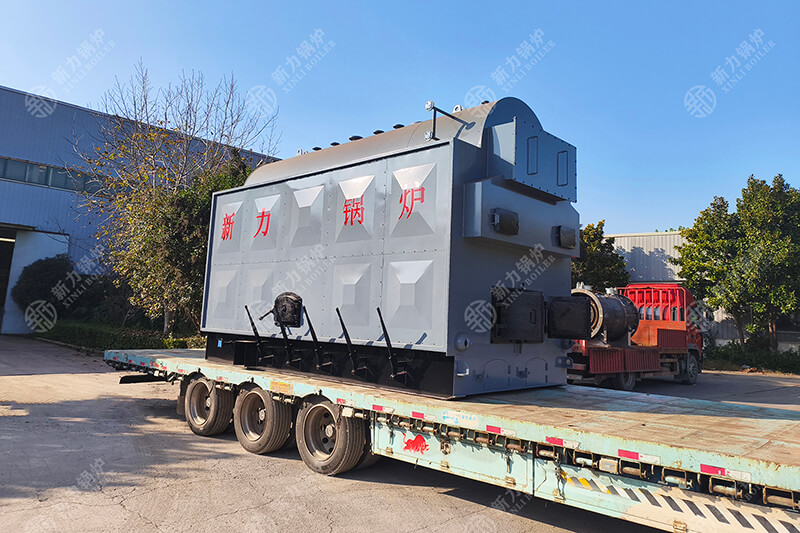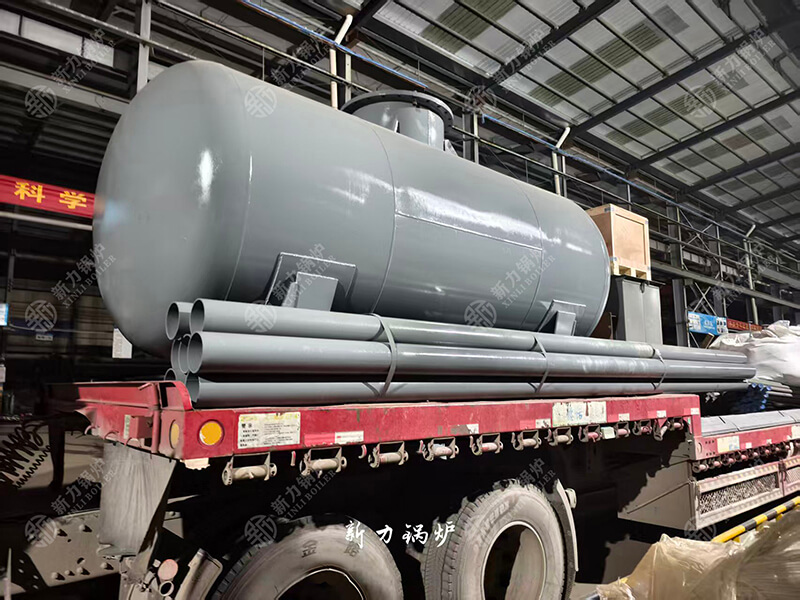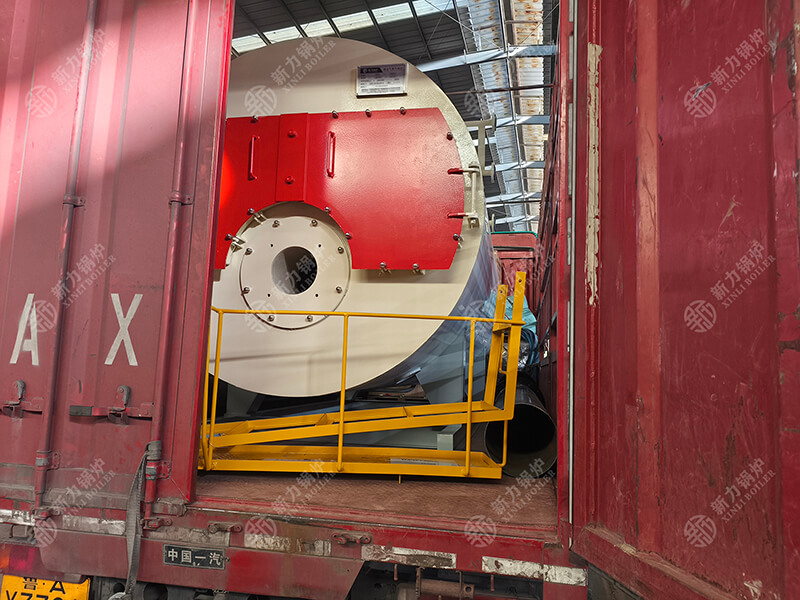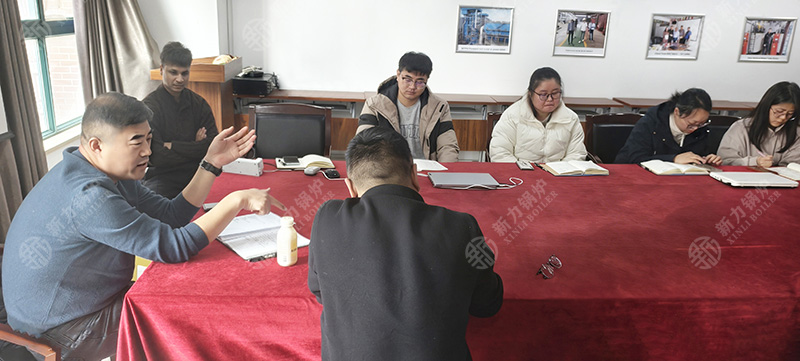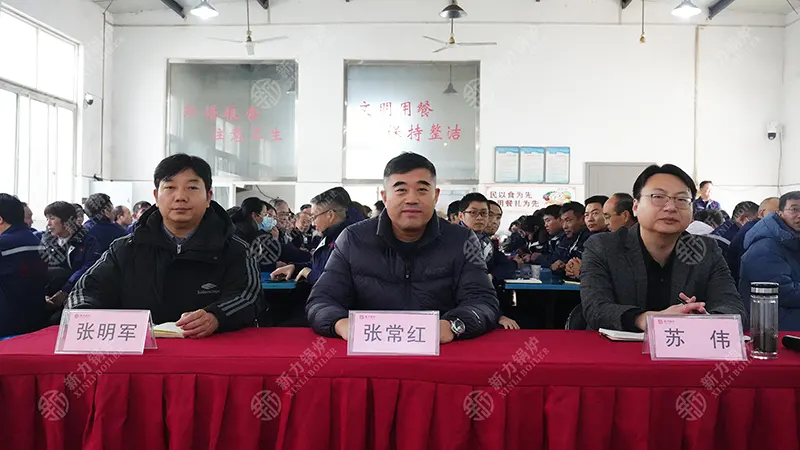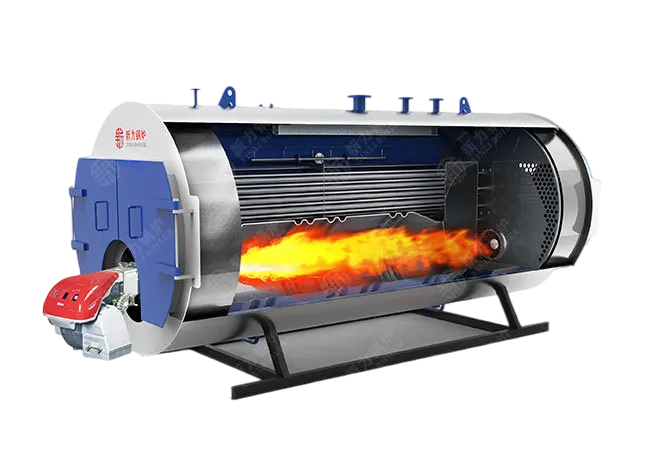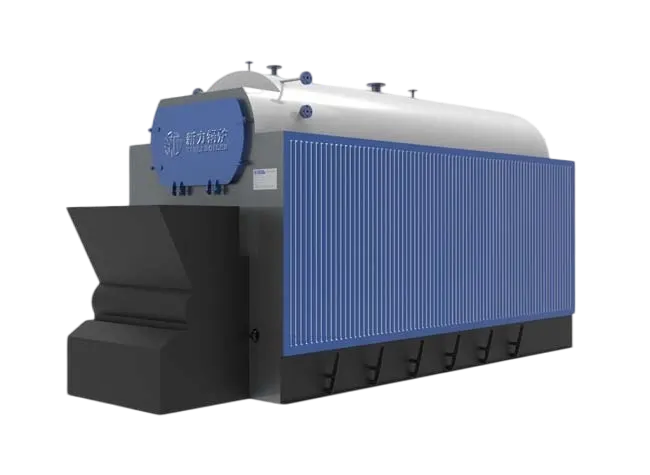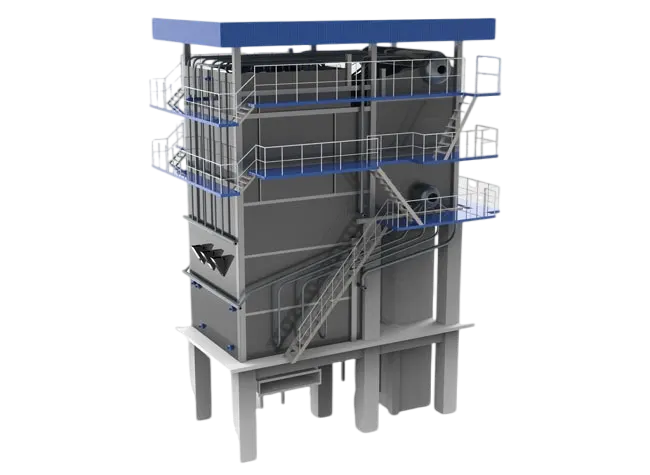The hydrological station becomes an operational hotel demonstration zone, wearing a green "vest" ledger, rubbing the old one, and paying the inspector
The second round of central ecological and environmental protection inspectors exposes the ecological environment problems in Beijing, Tianjin and Zhejiang
Falsified, Beijing Juma River Nature Reserve Badu Hydrological and Water Quality Monitoring Station (hereinafter referred to as Badu Hydrological Station) turned into an operating hotel; rubbed out the old, Tianjin Dongli District heating company's coal-fired boilers made false accounts and payable to inspectors Putting on the green "vest", Zhejiang Quzhou Green Development Demonstration Zone is pursuing pollution under the name of green. Today, the Central Eco-Environmental Protection Inspector has revealed the chaos of ecological and environmental protection in individual regions (industry) in Beijing, Tianjin and Zhejiang.
From August 30 to September 1 this year, the central ecological and environmental protection inspection team stationed in Beijing, Tianjin, and Zhejiang Province respectively, and launched a one-month ecological and environmental inspection of these three provinces (cities). It is worth noting that this is the second round of inspections of three provinces (cities) after 2016 and 2017.
While the inspection team exposed the ecological and environmental protection problems in the three places, problems such as ineffective supervision by the supervisory department and negligence of duties and responsibilities were also exposed.
Fake hydrological station turned into operating hotel
The Juma River is a tributary of the Daqing River in Beijing’s five major water systems. In 1996, with the approval of the Beijing Municipal People’s Government, the Juma River Protection Area across Shidu Town and Zhangfang Town in Fangshan District was established.
In 2008, Beijing Water Affairs Bureau approved Beijing Jingyan Water Affairs Co., Ltd. (hereinafter referred to as Jingyan Water Affairs Company) to build Badu Hydrological Station. In 2012, it was approved by Beijing Water Affairs Bureau as a national basic hydrological station, and it was officially put into operation in 2013. .
On September 12 this year, the Central First Ecological and Environmental Protection Inspection Team (hereinafter referred to as the inspection team) conducted an on-site inspection of the Juma River Aquatic Wildlife Reserve (hereinafter referred to as the Juma River Reserve) in Fangshan District, Beijing. The Badu Hydrological Station in the core area of the Mahe Nature Reserve has turned into a business hotel by falsification, transforming from a protector of aquatic ecology to a destroyer of the nature reserve. The local government and relevant functional departments and units have inadequate supervision and neglected their duties.
According to the inspection team, before the Badu Hydrological Station was transformed into a commercial hotel, Jingyan Water Company transformed it into a training center without approval and used it in the Beijing Water Investment Center (the superior company of Jingyan Water Company) system Meeting training. All construction facilities of Jingyan Water Company Training Center are located in the core area of Juma River Reserve. To make matters worse, driven by profit, in August 2019, Jingyan Water Company rented out the training center to private owners and changed it to Wanhe Badu Art Hotel, which was open to the public for operation.
“The Badu Hydrological Station was originally built to protect the aquatic ecology of the Juma River Reserve, but as a result, it threatened the aquatic ecology.” The inspection team said that Wanhe Badu Art Hotel is located next to the Juma River and is only a short distance from Zhangfang’s water source. The upstream of the water intake of the water supply project is only about 4 kilometers, which brings environmental pollution and hidden risks to the ecology and water supply safety of Juma River. When the site inspected, Wanhe Badu Art Hotel was open.
The coal-fired ledger is rubbed out and deceived by the inspection team
Compared with Beijing Badu Hydrological Station turned into an operating hotel, the heating enterprises in Dongli District, Tianjin City temporarily fabricated the ledger to pay the inspector's account, which is even more ugly.
According to the inspection team, on September 5 this year, the second central ecological and environmental protection inspection team (hereinafter referred to as the inspection team) sank in Dongli District, Tianjin. The Tianjin Municipal Management Committee reported to the inspection team for heating and fuel supply other than coal power in Tianjin. In the statistical table of coal consumption of coal boilers, the annual coal consumption of 4 heating units in Dongli District Dabizhuang Substation, Xinli Garden, Dida Thermal Power, and Huaming Substation exceeds 10,000 tons. In order to further calculate the coal-burning data, the inspectors checked the original accounts of the production and operation of these four units and found that there were large deviations in the actual coal consumption and the reported data.
On September 10, the inspection team went down to inspect the Xinli Garden Heating Substation in Dongli District, and the Dongli District Urban Management Committee sent personnel to accompany the industry as the competent department of the industry. In the morning, the inspection team asked the company to provide the original account for coal-fired boilers. The person in charge of the company hesitated and said that the original account was in the superior management unit Dongli Heating Station. After the inspection team arrived at the Dongli heating station, the person in charge of the company said that he had sent someone to look it up, and at the same time changed his words to say that the account was in its head office. After more than two hours, only the invoice for the purchase of coal was provided, and he told the inspection team about the use. 9538 tons of coal. When the inspection team left, the company was asked to find the original account.
According to the inspection team, that night, the Dongli District Urban Management Committee provided a copy of the original coal-fired records of the company from 2019 to 2020, but the inspection team found obvious doubts: "The signatures of 3 male workers are beautiful; the amount of coal used is not like other The heating station is measured by the number of forklifts; the daily coal consumption is accurate to one decimal place, and the total amount is exactly the same as the 9,538 tons reported by the company.” Therefore, the inspection team requested to check the original record. About 1 hour later, The "original record" sent by the Li District Urban Management Committee and the person in charge of the enterprise was actually an "original" that had been rubbed, perforated and worn out.
The inspection team said that on September 11, the inspection team and the head of the company and the three workers who signed the form further understood the situation and compared the handwriting. The head of the company had to admit that the coal use record was on the afternoon of September 10. It was made up temporarily by the inspector, and 3 female employees were found to sign on their behalf. The form was confirmed by the district urban management committee and handed over to the inspection team.
Wearing a green "vest" Quzhou Demonstration Zone is in its original form
Established in 2011, the Quzhou Green Industry Cluster is one of the 15 provincial-level industrial clusters that Zhejiang Province will focus on, and it is positioned to create a green development demonstration zone in Zhejiang. However, such a demonstration area wearing a green "vest" showed its original shape under the investigation of the inspection team.
From September 9th to 13th, 2020, the third central ecological and environmental protection inspection team (hereinafter referred to as the inspection team) in Jiangsu and Zhejiang Province sank and inspected and discovered that the sewage treatment plant in the green industry cluster area of Quzhou City, Zhejiang Province has long-term exceeded discharge; a large amount of solid waste is illegal Pile and pollute groundwater, the problem has not been solved for a long time.
According to the inspection team, the Juhua Qingtai Wastewater Treatment Plant is a centralized treatment unit for industrial wastewater in the green industry cluster area. The current daily wastewater treatment capacity is more than 30,000 tons, and the tail water is discharged into the Wuxi River, a tributary of the Qujiang River. In May 2015, the Quzhou City Department of Ecology and Environment approved the sewage treatment plant to implement the Class 1 B discharge standard of the Pollutant Discharge Standard for Urban Sewage Treatment Plants, of which the total nitrogen discharge standard is 20 mg/L. Due to the imperfect denitrification process, the total nitrogen in the effluent of the sewage treatment plant cannot be discharged stably. In this regard, the expert consultation meeting put forward suggestions for upgrading and reforming such as “making a rectification plan, supplementing and improving the denitrification treatment process”. Juhua Qingtai Wastewater Treatment Plant failed to make timely rectification according to this suggestion; Nitrogen emission indicators put forward control requirements.
Inspectors also found that starting from 2018, the total nitrogen in the effluent from the Juhua Qingtai Wastewater Treatment Plant exceeded the standard by 2.75 times and 1.85 times respectively. Since 2018 alone, the total nitrogen discharged from the sewage treatment plant has exceeded the standard of 1,100 tons. Until this time the inspectors were stationed, the sewage treatment plant achieved discharge standards.
When inspecting the Quzhou Green Industry Concentration Area, the inspection team also found out that about 1.1 million tons of steel slag was originally piled up in the open air in the Weilong Chemical Industry Co., Ltd. factory area. The leaching solution on the site was strongly alkaline and the groundwater was polluted.
Regulatory authorities in the three places have problems with insufficient supervision
In response to the causes of the problems in the three places, the inspection team pointed out that Jingyan Water Company and its superior company, Beijing Water Investment Center, as a local state-owned enterprise, should have taken the lead in fulfilling its ecological and environmental protection responsibilities and protecting the water in the core area of the Juma River Nature Reserve. Resources and water ecology, but under the guise of hydrology and water quality monitoring, fraudulent construction of training centers, and then rented out as hotels for profit, the nature is bad. As the industry and territorial authorities of Jingyan Water Company, the local water affairs department neglects supervision. The government of Shidu Town, Fangshan District did not promptly stop Jingyan Water Company’s illegal act of invading the core area of Juma River Reserve, and even issued a certificate for the hotel’s use of operating rooms, which facilitated its illegal transformation into an operating hotel. The government has not implemented territorial management responsibilities. The Fangshan District Landscaping Bureau and the Ecological Environment Bureau, as the competent authority and supervision and management department of the Juma River Nature Reserve, failed to promptly investigate and deal with the illegal behavior of the Badu Hydrological Station turning into a business hotel, and did not perform their duties properly.
“In the work of total coal consumption control, the relevant departments of Dongli District did not implement their responsibilities, did not strictly control the coal consumption of various enterprises, and did not regard the refined control of coal consumption as an important part of achieving precise pollution control.” The inspection team said. The Dongli District Urban Management Committee, as the industry competent department of coal-fired heating enterprises, lacked supervision of coal consumption, and the materials reported to the inspection team were not reviewed and checked. The work style was lax and untrue; the Dongli District Development and Reform Commission took the lead in controlling the total coal consumption In the department, the coal reduction and coal control targets are randomly assigned, and there is a formalism problem; the heating enterprise has extensive management, the ledger records are unclear, and the false ledger is fabricated to pay the inspection.
Regarding the causes of the ecological and environmental problems in the Quzhou Green Industry Cluster, the inspection team pointed out that the Management Committee of the Quzhou Green Industry Cluster did not strictly implement the concept of green development, and the solid waste pollution investigation and remediation were not in place, resulting in the long-term failure of environmental pollution problems. solve. The eco-environmental department of Quzhou City did not insist on high-level protection of the ecological environment to promote high-quality economic development, and did not strictly supervise the illegal sewage discharge of enterprises, resulting in long-term total nitrogen discharge of the Juhua Qingtai Wastewater Treatment Plant.
The inspection team stated that the problems in the three places will be further investigated and verified, and follow-up inspections will be done as required. (Reporter Jianrong Xi)













